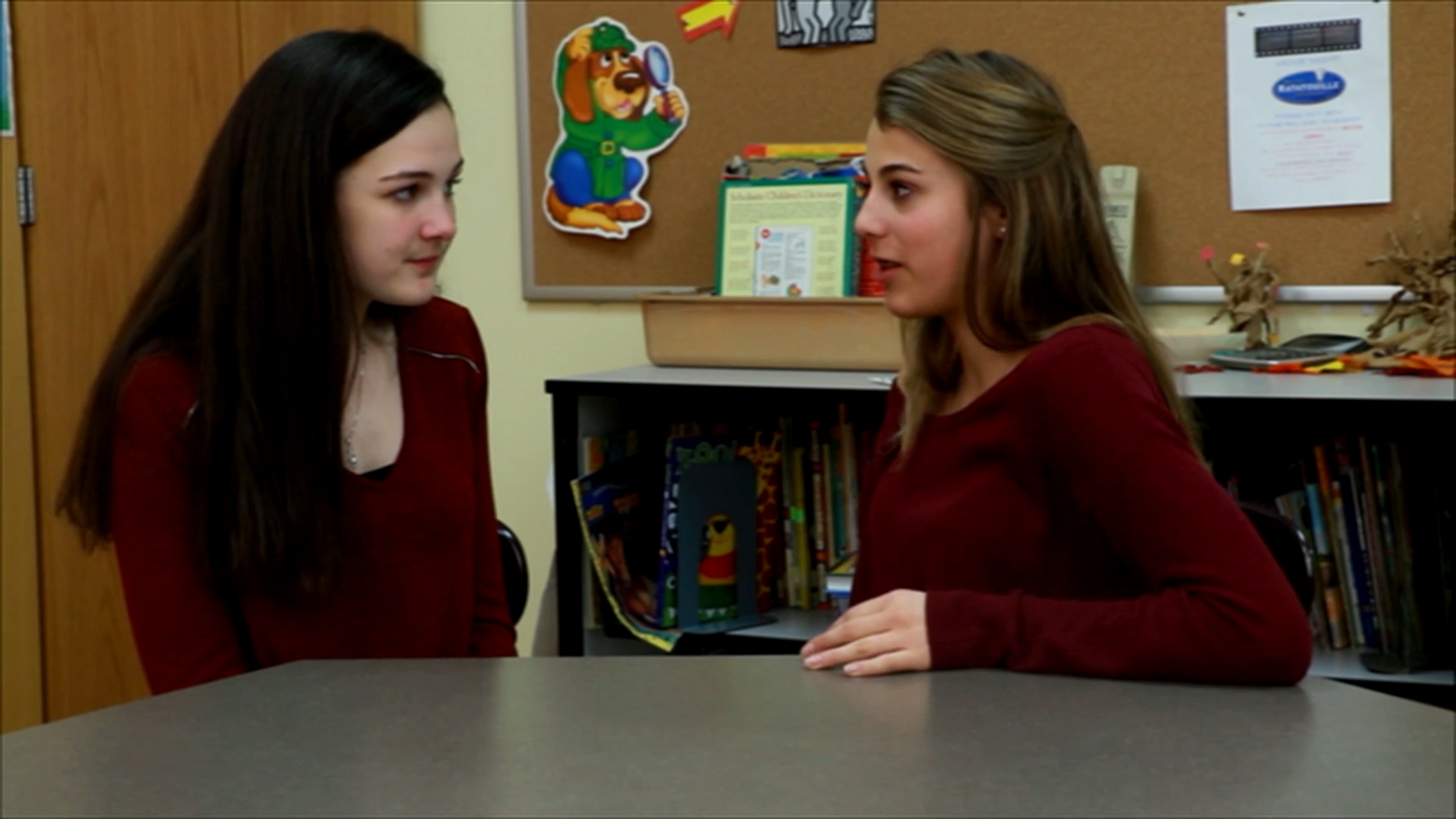
Special education students often need additional support in developing essential social-emotional skills. Engaging in everyday conversations is an excellent way to help students practice these skills and build meaningful connections with their peers. In this blog post, we will explore a no-prep activity designed to facilitate the development of social-emotional skills in special education students. We will also discuss related skills and provide next steps for educators interested in incorporating these strategies into their classrooms.
Introduction
Effective communication is a critical component of social-emotional learning. By participating in everyday conversations, students can develop their ability to express themselves, understand others, and build strong relationships. For special education students, it is crucial to focus on elements such as tone of voice, body language, and active listening during these interactions. This will help them become more aware of their own emotions and the emotions of others, allowing them to better navigate social situations.
No-Prep Activity: Conversation Role-Play
This no-prep activity requires no materials and can be easily incorporated into any classroom setting. The goal is to help students practice their social-emotional skills through role-playing everyday conversations.
- Divide students into pairs.
- Provide each pair with a conversation topic (e.g., favorite music, hobbies, or weekend plans).
- Ask students to engage in a conversation about the given topic, paying close attention to their tone of voice, body language, and active listening skills.
- After a few minutes, pause the activity and ask students to reflect on their performance. Encourage them to share their observations with their partner and discuss areas for improvement.
- Repeat the activity with a new conversation topic, allowing students to practice their social-emotional skills further.
By engaging in this activity, students will become more aware of the subtle cues that contribute to effective communication and develop a better understanding of how to express interest and empathy during conversations.
Discussion Questions
- How does your tone of voice change when you are interested in a conversation? How can you intentionally convey interest in what someone else is saying?
- What are some examples of body language that can show someone you are actively engaged in a conversation? How can you practice using these cues during your daily interactions?
- How can active listening help improve your social-emotional skills? What strategies can you use to become a better listener?
- Why is it important to be aware of our own emotions and the emotions of others during conversations? How can this awareness help us build stronger relationships?
Related Skills
In addition to tone of voice, body language, and active listening, there are many other social-emotional skills that students can develop through everyday conversations. Some of these include:
- Empathy: Understanding and sharing the feelings of others.
- Self-awareness: Recognizing one’s own emotions and their impact on behavior.
- Conflict resolution: Addressing disagreements in a constructive manner.
- Assertiveness: Expressing oneself in a confident and respectful way.
Developing these skills can greatly benefit special education students by enhancing their ability to form meaningful connections and navigate social situations more effectively.
Next Steps
If you are interested in exploring more activities and strategies to support social-emotional learning in your special education classroom, we encourage you to sign up for free sample materials at Everyday Speech. These resources can help you create an engaging and supportive learning environment for your students, promoting the development of essential social-emotional skills and fostering strong relationships among peers.





